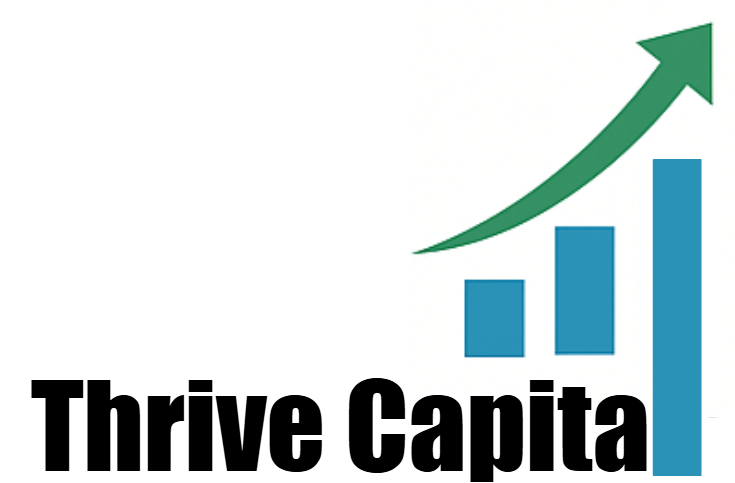The biotechnology sector continues to surge ahead in 2025, driven by groundbreaking research, evolving healthcare needs, and rapid technological innovation. As the world demands more personalized, sustainable, and scalable healthcare solutions, biotech companies are stepping up with fresh strategies and transformative technologies. Here’s a look at the key biotech trends shaping 2025:
1. The Rise of AI-Driven Drug Discovery
Artificial intelligence (AI) is no longer an experimental tool in biotech — it’s becoming essential.
Biotech firms are using machine learning models to design drug candidates faster and more accurately than traditional methods. In 2025, AI helps predict molecule behavior, optimize clinical trial designs, and identify new uses for existing drugs, dramatically reducing time-to-market. Companies with AI-integrated platforms are attracting major investment and M&A interest.
2. Gene Editing and CRISPR 2.0
Gene-editing technologies, especially CRISPR, have matured significantly. New tools like base editing and prime editing are making genetic interventions more precise and less risky.
Biotech firms are now moving beyond single-gene diseases into complex conditions like Alzheimer’s, cancer, and autoimmune disorders. 2025 is seeing the first waves of CRISPR-edited therapies reaching late-stage clinical trials — and some are on track for regulatory approvals in Europe and the U.S.
3. Personalized and Precision Medicine Expands
Personalized medicine — tailoring treatments to individuals based on genetic, environmental, and lifestyle factors — is exploding.
Biotech companies are developing companion diagnostics and biomarker-driven therapies that allow physicians to choose the right treatment for the right patient at the right time. Oncology, rare diseases, and neurology are the biggest fields seeing breakthroughs in 2025.
4. mRNA Technology Beyond COVID-19
mRNA technology, which rose to prominence during the COVID-19 pandemic, is being adapted for other diseases in 2025.
Biotech startups and big pharma players are developing mRNA-based vaccines for cancers, flu strains, autoimmune diseases, and even rare genetic disorders. Advances in delivery systems (like lipid nanoparticles) are overcoming earlier technical hurdles, making mRNA a flexible and fast-to-deploy therapeutic platform.
5. Biomanufacturing Goes Green
Sustainability is a major theme across industries, and biotech is no exception.
Biomanufacturing is shifting toward eco-friendly practices, using less water, energy, and toxic chemicals. Companies are engineering microbes to produce everything from pharmaceuticals to biodegradable plastics, marking a convergence between biotech and clean technology. In 2025, “green biotech” isn’t a niche — it’s becoming an expectation.
6. Growth of Cell and Gene Therapies (CGT)
Cell therapies (like CAR-T) and gene therapies are reaching new levels of sophistication.
2025 sees a surge in “off-the-shelf” allogeneic therapies (using donor cells instead of a patient’s own), making these life-saving treatments faster and cheaper to deliver. Meanwhile, Europe has streamlined regulatory pathways for CGT, creating a more innovation-friendly environment.
7. Expansion into Neurodegenerative Diseases
Neurodegenerative conditions like Alzheimer’s, Parkinson’s, and ALS are historically difficult to treat — but biotech is making headway.
New biotech ventures are combining genomics, AI, and molecular biology to better understand and target the root causes of these diseases. Gene therapies, biologics, and novel small molecules are entering clinical trials with promising early results.
8. Decentralized Clinical Trials
Clinical trials are being reimagined thanks to digital tools.
In 2025, decentralized clinical trials (DCTs) — where patients participate from home through apps, wearable devices, and telemedicine — are becoming mainstream. This model reduces patient burden, speeds up recruitment, and increases data diversity, which is especially critical for rare disease research.
9. Biotech Meets Big Tech
Big tech companies (Google, Amazon, Microsoft) are deepening partnerships with biotech firms in areas like data management, bioinformatics, and predictive modeling.
These collaborations are accelerating drug discovery pipelines and helping biotech firms scale AI/ML capabilities that would be too expensive to build alone. In 2025, the line between biotech and tech sectors is increasingly blurred.
10. Increased Globalization and Cross-Border Collaborations
European biotech hubs like Berlin, Zurich, and Amsterdam are collaborating more closely with U.S. and Asian markets.
Global clinical trials, cross-border licensing deals, and international R&D partnerships are expanding access to capital and talent. Europe’s regulatory modernization is helping local biotech companies stay competitive on a global scale.
Final Thoughts
2025 marks a pivotal year for biotech. Innovation is accelerating, but so are expectations around affordability, accessibility, and sustainability. Companies that successfully blend scientific rigor with technological agility — while keeping patient outcomes at the center — will lead the sector into its next golden era.
For investors, scientists, and healthcare leaders, the message is clear: the future of biotech is now.



